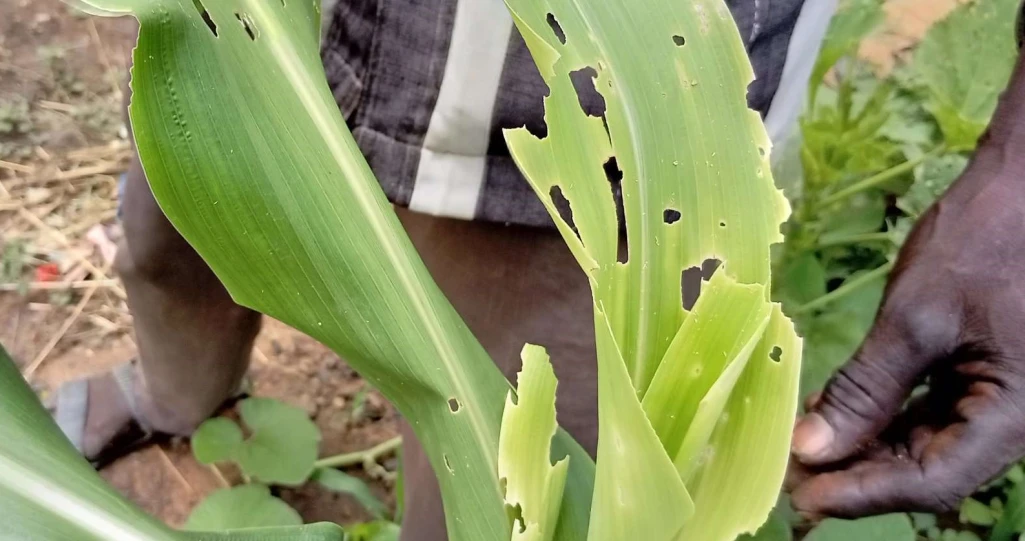
The Ministry of Agriculture in Northern Bahr el Ghazal State has officially identified fall armyworms as the specific pests responsible for the ongoing destruction of crops in the state.
“I want to tell our people that there are armyworms in the state destroying the crops which were planted,” said Akol Dut Akol, acting director general.
Last Monday, farmers in Aweil Center
and West counties expressed their distress at the devastation of their crops.
Akol stated that the sorghum varieties
are being affected, and they are unable to save them because they do not have
any insecticides.
“Previously, we used to have
pesticides for treating such outbreaks of pests,” Akol stated.
“We are engaging our partners
to support us with chemicals to kill the pests. So, we are hoping the
pesticides will arrive so soon.”
Akol advised the
farmers whose farms have been impacted to utilize goat droppings as a means to
combat the worms, while the ministry awaits the arrival of insecticides from
collaborating partners.
The Fall Armyworm
(FAW) is a versatile insect that mostly consumes maize but also feeds on over
80 other crops, such as wheat, sorghum, millet, sugarcane, vegetable crops, and
cotton.
The Fall Armyworm
(FAW) poses a significant worldwide risk to food security, as it negatively
affects both food production and the rural livelihoods of millions of people.
According to FAO
estimates from 12 African nations, the annual loss of maize due to FAW might
reach up to 17.7 million tons. This loss is comparable to a value of USD 2.5 -
6.2 billion and could provide enough food to feed tens of millions of people.